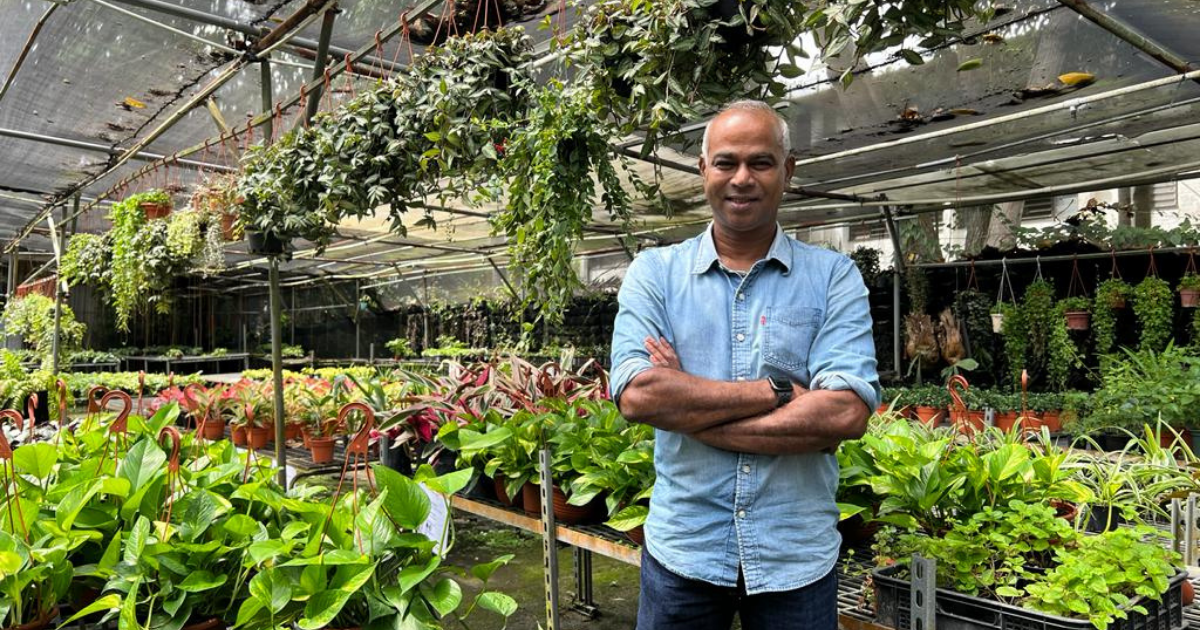
In a crisis, leaders typically focus first and foremost on business survival, but here’s one aspect you shouldn’t overlook: talent development.
Talent is critical for performance – even more so to help the business emerge stronger in this environment of uncertainty and face new headwinds. Mothercare Singapore’s Pang Fu Wei and Greenology’s Veera Sekaran share three quick tips on how they are investing in and managing talent in this age of disruption.
#1 Empower your employees by keeping them involved
Whether it’s maintaining open communications and seeking feedback or planning for the business, keep your employees involved so that they know they have a stake in it.
Mr Sekaran, who founded landscaping firm Greenology in 2008, gives employees a sense of ownership by regularly involving them in planning for the business, for instance.
“Every now and then, I sit down with staff to explain what the vision is. In today’s environment, the vision can change every six months. You need to be able to redirect the business and predict what's happening next. It's also important to involve staff, so that they have a sense of ownership,” he said.
The philosophy is about teamwork and partnership with employees.
Mothercare, meanwhile, practices an open-door policy and encourages direct feedback from staff, said Mr Pang. “I try to allow for people to talk to the management and tell us as much of your grievances as possible.
“If it’s a lousy process, tell us and we can fix it. It’s better for everyone. Or we can explain why the process is like that and what the constraints are, so you know.”
#2 Seek different perspectives for the best ideas
The best ideas can come from having different and diverse perspectives. Encourage diversity of thought not just within the organisation, but also when you hire.
“Having diverse talent is always important for us,” said Greenology’s Mr Sekaran. “We don't want to have everyone singing the same tune. We need someone who sings off tune, and sometimes that is better.”
Greenology’s belief in having diverse talent is paying off as the company pivots into nature-based technology – the use of sensors and data analytics to monitor and maintain green habitats – to grow post-pandemic.
“Few of my staff have knowledge of horticulture or botany, they're all from different disciplines. So, it was just fortunate that I had a few engineers. During COVID-19, I told them about this idea. It was a down period, so I said, let’s start it now,” Mr Sekaran recounted.
Since then, Greenology has begun trialling the technology, including at Jurong Lake Gardens. “It’s completely greenfield. So, we're working on developing this concept,” he said.

Read more: How to find the right talent and keep them
Are small businesses destined to face recruitment woes? We think not. Here’s why.
#3 Take time to nurture people
Leaders aren’t born overnight. Have patience when nurturing your employees and give them time to realise their potential.
At Mothercare Singapore, when group managing director Pang Fu Wei previously approached one of his employees to lead the buying team, she initially pushed back. “She said she wasn’t ready and just wanted to focus on being good at her job,” he shared.
The company decided to put her on a special leadership track and sent her for courses to cultivate skills key to the business, such as design thinking and communication. “We also gave her bite-sized tasks and goals so that she could understand the role and accomplish small wins, and build her confidence,” Mr Pang added.
Eventually, the employee took on the mantle of head buyer. “Today, she's a very valuable member of my team,” said Mr Pang.
Driven to be better
As these business honchos drive their employees to be better, their employees have in turn driven them to be stronger leaders. Find out what it takes to lead, especially in a time of crisis and disruption.


